BOOK LAUNCH – Opposing Power: Building Opposition Alliances in Electoral Autocracies
Date: Sunday, 31 July 2022
Time: 2pm – 5pm
Venue: The Pod, Level 16, National Library Building, 100 Victoria Street, Singapore 188064
Registration: Eventbrite
Light refreshments will be provided.
Programme
| 2:00pm | Registration and Refreshments |
| 2:30pm | Opening Remarks by Chair, Assistant Professor Walid Abdullah |
| 2:35pm | Presentation by Author, Assistant Professor Elvin Ong |
| 3:00pm | Presentation by Discussant, Professor Kenneth Paul Tan |
| 3:20pm |
Presentation by Discussant, Professor Paul Hutchcroft |
| 3:40pm | Q & A Session moderated by Chair, Assistant Professor Walid Abdullah |
| 4:15pm | Book Sale and Refreshments |
About the Author
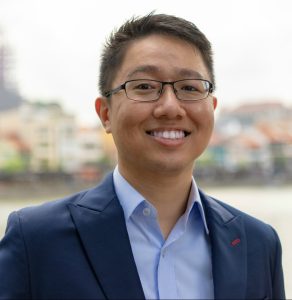 Elvin Ong is Assistant Professor in the Department of Political Science at the National University of Singapore. Previously, he was a Postdoctoral Fellow in the Centre for Southeast Asian Research (CSEAR) within the Institute of Asian Research (IAR) at the School of Public Policy and Global Affairs, University of British Columbia.
Elvin Ong is Assistant Professor in the Department of Political Science at the National University of Singapore. Previously, he was a Postdoctoral Fellow in the Centre for Southeast Asian Research (CSEAR) within the Institute of Asian Research (IAR) at the School of Public Policy and Global Affairs, University of British Columbia.
His primary research interests are in the politics and policies of authoritarian regimes, with specific focus on the dynamic formation of opposition coalitions. His research is has been published in disciplinary journals such as the American Journal of Political Science, Party Politics, Government and Opposition, Electoral Studies, Politics, Groups, and Identities, as well as more regionally-focused journals such as the Journal of East Asian Studies, Asian Survey, and Contemporary Southeast Asia.
About the Discussants
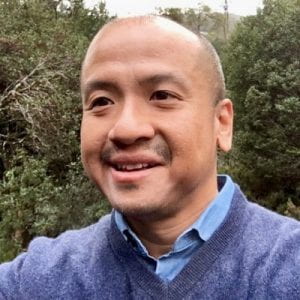 Kenneth Paul TAN is a tenured Professor of Politics, Film, and Cultural Studies at Hong Kong Baptist University (HKBU), which hired him under its Talent100 initiative in February 2021. He teaches and conducts interdisciplinary research at the Academy of Film, the Department of Journalism, the Department of Government and International Studies, and the Smart Society Lab. Previously, he was a tenured Associate Professor at the National University of Singapore’s (NUS) Lee Kuan Yew School of Public Policy (LKY School). He was Vice Dean of the LKY School during the most rapid and critical years of its growth and served in its senior leadership team for almost a decade. Prior to that, he taught concurrently at the NUS Political Science Department (where he was Assistant Head) and the University Scholars Programme, the university’s pioneering and cutting-edge liberal arts programme.
Kenneth Paul TAN is a tenured Professor of Politics, Film, and Cultural Studies at Hong Kong Baptist University (HKBU), which hired him under its Talent100 initiative in February 2021. He teaches and conducts interdisciplinary research at the Academy of Film, the Department of Journalism, the Department of Government and International Studies, and the Smart Society Lab. Previously, he was a tenured Associate Professor at the National University of Singapore’s (NUS) Lee Kuan Yew School of Public Policy (LKY School). He was Vice Dean of the LKY School during the most rapid and critical years of its growth and served in its senior leadership team for almost a decade. Prior to that, he taught concurrently at the NUS Political Science Department (where he was Assistant Head) and the University Scholars Programme, the university’s pioneering and cutting-edge liberal arts programme.
His books include Movies to Save Our World: Imagining Poverty, Inequality and Environmental Destruction in the 21st Century (Penguin, 2022), Singapore’s First Year of COVID-19: Public Health, Immigration, the Neoliberal State, and Authoritarian Populism (Palgrave Macmillan, 2022), 新加坡模式:城邦國家建構簡史 (季風帶文化,2020), Singapore: Identity, Brand, Power (Cambridge University Press, 2018), Governing Global-City Singapore: Legacies and Futures After Lee Kuan Yew (Routledge, 2017), Cinema and Television in Singapore: Resistance in One Dimension (Brill, 2008), and Renaissance Singapore? Economy, Culture, and Politics (NUS Press, 2007). He has also published numerous articles in leading international journals, reflecting an innovative and interdisciplinary research agenda that bridges Political Science, Public Management, Policy Studies, Sociology, Urban Studies, Cultural Studies, and Film and Media Studies.
 Paul Hutchcroft is a scholar of comparative and Southeast Asian politics who has written extensively on Philippine politics and political economy. He is Professor of Political and Social Change at the ANU Coral Bell School of Asia Pacific Affairs (of which he was founding director, 2009-2013). While on secondment from ANU, between late 2013 and late 2017, Hutchcroft served as Lead Governance Specialist with the Australian Embassy in Manila. From 2018 to 2021, he was the overall chief investigator of a A$2.1 million Australian government grant to ANU to support a range of research and advocacy projects on democracy, human rights, and the rule of law in Southeast Asia.
Paul Hutchcroft is a scholar of comparative and Southeast Asian politics who has written extensively on Philippine politics and political economy. He is Professor of Political and Social Change at the ANU Coral Bell School of Asia Pacific Affairs (of which he was founding director, 2009-2013). While on secondment from ANU, between late 2013 and late 2017, Hutchcroft served as Lead Governance Specialist with the Australian Embassy in Manila. From 2018 to 2021, he was the overall chief investigator of a A$2.1 million Australian government grant to ANU to support a range of research and advocacy projects on democracy, human rights, and the rule of law in Southeast Asia.
Hutchcroft is the author of Booty Capitalism: The Politics of Banking in the Philippines (Cornell 1998); co-author (with Edward Aspinall, Meredith Weiss, and Allen Hicken) of Mobilizing for Elections: Patronage and Political Machines in Southeast Asia (Cambridge, forthcoming 2022); editor of Mindanao: The Long Journey to Peace and Prosperity (Anvil 2016 and World Scientific 2018) as well as Strong Patronage, Weak Parties: The Case for Electoral System Redesign in the Philippines (Anvil 2019 and World Scientific 2020); and co-editor (with Edward Aspinall, Allen Hicken, and Meredith Weiss) of “Global Pandemic, Local Politics: COVID-19 in Urban Southeast Asia,” a special roundtable published by Contemporary Southeast Asia (2021).
About the Chair
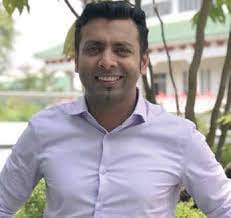 Walid Jumblatt Abdullah is an Assistant Professor at the NTU School of Social Sciences. He works on state-Islam relations, and political parties and elections, with particular focus on Singapore and Malaysia. He recently published a monograph entitled Islam in a Secular State: Muslim Activism in Singapore (Amsterdam University Press, 2021). He has also published articles in internationally peer-reviewed journals such as Democratization, American Review of Public Administration, International Political Science Review, Government and Opposition, Critical Asian Studies, Contemporary Politics, Australian Journal of International Affairs, Asian Survey, Small Wars & Insurgencies, Journal of Church and State, among others.
Walid Jumblatt Abdullah is an Assistant Professor at the NTU School of Social Sciences. He works on state-Islam relations, and political parties and elections, with particular focus on Singapore and Malaysia. He recently published a monograph entitled Islam in a Secular State: Muslim Activism in Singapore (Amsterdam University Press, 2021). He has also published articles in internationally peer-reviewed journals such as Democratization, American Review of Public Administration, International Political Science Review, Government and Opposition, Critical Asian Studies, Contemporary Politics, Australian Journal of International Affairs, Asian Survey, Small Wars & Insurgencies, Journal of Church and State, among others.
About the Book
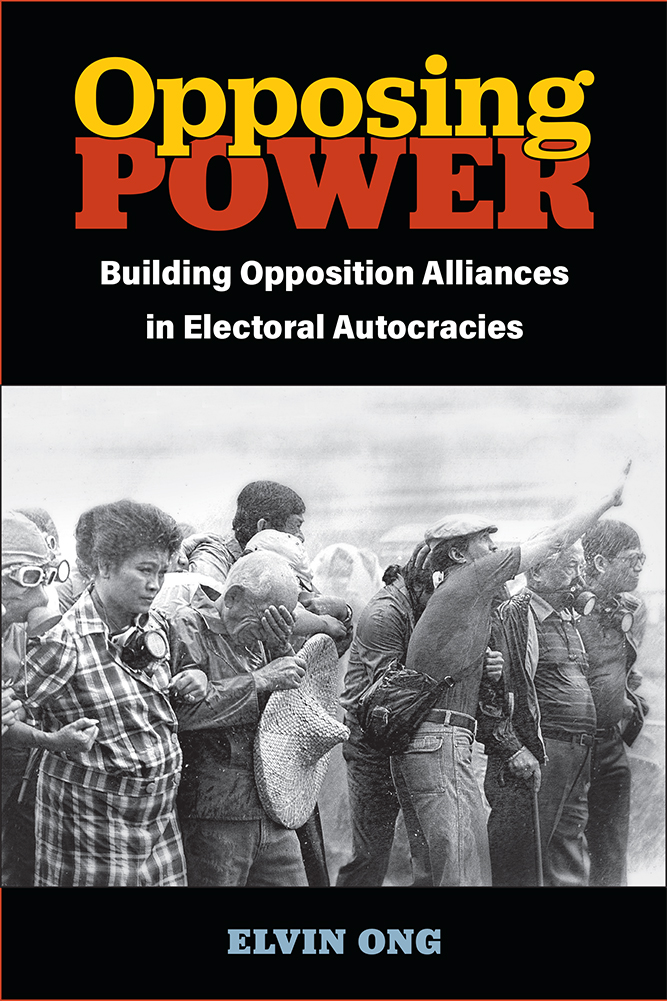
When do opposition party leaders build pre-electoral alliances to compete against electoral autocrats? Through two pairs of case study comparisons in East and Southeast Asia – between the Philippines and South Korea in the late 1980s, and between Malaysia and Singapore from 1965 to 2020 – Opposing Power: Building Opposition Alliances in Electoral Autocracies (Michigan UP, 2022) argues that opposition elites’ perceptions of regime vulnerability and mutual dependency shape their efforts to construct alliances. Multiple regime-debilitating events striking the incumbent within a short period of time can raise opposition expectations of impending victory, galvanizing efforts for inter-party coordination. Clear information about the relative strengths and weaknesses of opposition parties fosters recognition of their mutual dependency, inducing party leaders to coordinate towards joint victory. Drawing on a broad range of archival material and a wealth of fieldwork, Opposing Power illustrates how dueling opposition parties can sometimes become strange bedfellows.
Limited hardback and paperback copies will be available for sale and signing at a small discount. Payment can be made in cash or via PayNow.
You can also order or read the book here: https://www.press.umich.edu//12001520
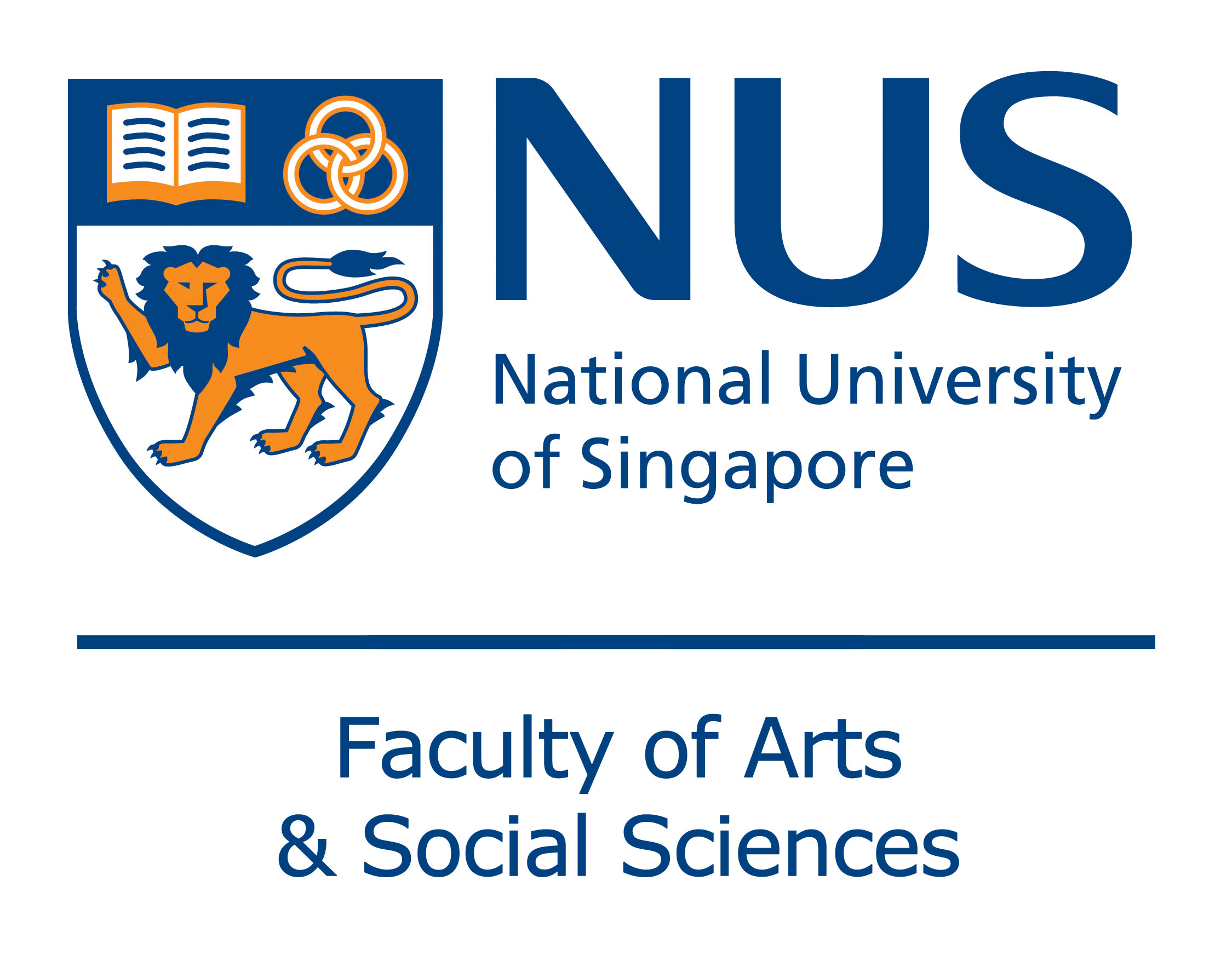


You must be logged in to post a comment.